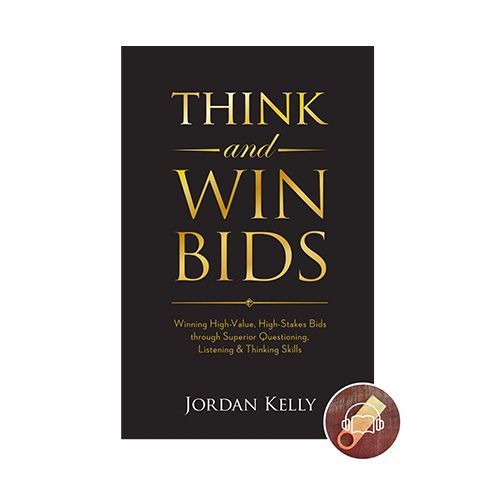CATEGORIES:

Yesterday, after careful deliberation over a new skill I’d like to acquire, I made a call to a consultant who provides training on the topic.
I began by giving him a potted summary of my “bigger picture” objectives. I was acting on the (ill-conceived, as it turned out) assumption that he’d pick up on my deeper and broader intent, and work with me to identify the precise type of training I would need, in order to achieve my desired outcomes.
In my mind, there were some key questions he should want to ask, as a result of the desires and goals I’d just communicated.
A Quick Dash to the Close
His response? “So, you want to do the masterclass?”
That was it. Literally. He hadn't any interest in the hoped-for outcome I'd just articulated - nor anything else about my goals related to the reason I had actually picked up the phone to him.
His only interest - at most - in furthering the conversation lay in either reciting the subject matter content or in closing the sale with my booking for his "master class".
The problem with this quick dash to the close (or a recital of the course content) is that I hadn’t called up to buy a ticket to a masterclass. I’d called up with, in my mind, a technicolour picture of what I’d like my world to look like once I’d acquired this new skill.
I wanted him, at the very least (given the significant investment I’d be making), to engage in a conversation with me to help determine whether what he had to offer was going to help make that picture my resultant reality. And perhaps (given my only very elementary understanding of the subject matter), I’d have also been grateful for him taking a moment to, in fact, step me back and determine, objectively and selflessly, whether I was about to lean my ladder against the right wall . . . so to speak.
But no. His interest in me went no further than, “So, you want to do the masterclass?”
It’s All About Me
So what’s the relevance to bids, tenders and proposals?
The relevance is this – and it’s far more direct than it might at first appear: The fundamental sin this consultant committed is the same one that a very great number of bidders commit i.e. making a cursory overture to the prospective client at the beginning of the submission, before launching into a bald and/or a self-centric pitch for the service or product. No real “conversation” with the client – nor any great demonstration of prior engagement with, or a well-developed understanding of, that organisation. Just “us and our wonderful product / service”.
It’s about as uninterested and self-centric as it gets . . . and it’s more common than not.
What’s in the mind of the client organisation and/or its evaluation team when they read a submission of this nature?
Here’s How It Translates for the Evaluator
A host of unfavorable observations / perceptions / reactions, including but most certainly not limited to:
- The well-founded concern that a self-centric submission reflects the likelihood of a supplier-centric relationship throughout the contract – with all the attendant frustrations of such a dynamic.
- Nervousness over the risks associated with entering into a long-term, high-value or otherwise significant deal with a service provider who likely doesn’t understand the intricacies of the project or procurement.
- Uncertainty over whether the superior virtues the supplier or service provider is espousing support that client’s specific objectives in all the ways in which they will be required to.
And all for the want of the investment of time and the exercise of a genuine interest in the prospect.
THINK AND WIN BIDS
Winning High-Value, High-Stakes Bids through Superior Questioning, Listening & Thinking Skills
(Book)
The three fundamental skills of a genuinely sharp, sustainably successful bid professional are the ability to think, listen and ask quality questions.
Furthermore, formulating successful business development and bid strategies is the process of well-directed research and thinking; not the product of tools and templates.
THINK AND WIN BIDS
(Six-Pack)

Ideal to ensure your entire team of writers and contributing subject matter experts are all on the same page,
Think and Win Bids is offered as a six-pack
(6 books for the price of 5).



